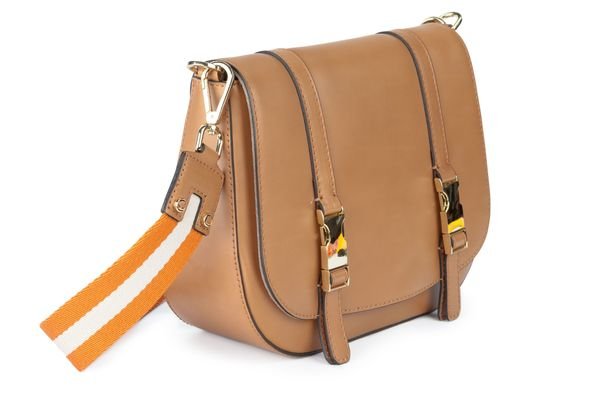Lip Filler Aftercare: Essential Tips
Filler requires proper aftercare for the best outcomes. We’ll provide important lip filler aftercare advice and what to steer

Filler requires proper aftercare for the best outcomes. We’ll provide important lip filler aftercare advice and what to steer clear of after getting lip injections, to help with a smooth healing process.
After your lip filler procedure, it’s crucial to avoid strenuous activities and exposure to excessive heat, which can increase swelling. Additionally, staying hydrated and avoiding alcohol can aid in the healing process. By following these guidelines, you can promote that your lips heal properly.
Understanding Lip Fillers
Lip fillers, often made with hyaluronic acid, boost your lips’ volume and shape. Their effects last around 6 to 18 months, depending on your metabolism and the chosen filler. You may experience some swelling and tenderness after the procedure. Proper aftercare is essential for quick healing and optimal results.
Lip Filler Aftercare Tips
- Expect Some Swelling: Swelling, redness, and slight bruising are normal after lip injections. These symptoms usually go away within a few days. Don’t worry if your lips look more swollen at first.
- Apply Ice: Use an ice pack wrapped in a cloth to gently apply to your lips. This helps reduce swelling and discomfort. Don’t put ice directly on your skin.
- Avoid Exercise: Avoid exercising for 24 to 48 hours after treatment. Physical activity can raise blood pressure and make swelling and bruising worse.
- Stay Hydrated: Drink plenty of water. It’s good for overall health and helps with the healing process after lip fillers.
- Eat Healthily: Eat fruits and vegetables, and avoid high-sodium foods, which can increase swelling.
- Avoid Heat and Sun: Stay away from extreme temperatures, like saunas, hot showers, and direct sunlight, for at least 48 hours after your procedure.
- Consult on Painkillers: Ask your doctor which painkillers are safe to take. Avoid blood-thinning medications like ibuprofen, which can make bruising worse.
- Plan Around Events: If you’re getting lip fillers for a special event, plan the treatment at least a month ahead to allow enough time for healing.
- Sleep on Your Back: Elevate your head and sleep on your back for the first 24 to 48 hours to reduce swelling and pressure on your lips.
- Delay Makeup Application: Avoid applying lipstick or other makeup on and around your lips for at least 24 to 48 hours after treatment to prevent irritation and infection.
Things to Avoid After Lip Fillers
- Smoking: Smoking increases the risk of infection. Avoid it for a few days before and after your procedure.
- Alcohol: Alcohol thins the blood and can worsen swelling and bruising. Avoid it for 24 to 48 hours after getting lip fillers.
- Flying: Air travel can make swelling and bruising worse. Avoid flying for at least a week after your treatment.
When to Consult a Doctor
Minor swelling and redness are common, but some symptoms need immediate medical attention:
- Intense Bruising/Swelling: If bruising or swelling lasts more than a week, contact your injector and see your doctor.
- Vascular Occlusion: Look out for skin discoloration, white spots, or blotches, which suggest a lack of blood supply and need quick help from your injector, who should have the products needed to dissolve your filler.
- Cold Sores: If you get cold sores, lip fillers might cause outbreaks. Get antiviral treatment if this happens.
Dissolving Lip Fillers
If you’re unhappy with the results, lip fillers can be dissolved using hyaluronidase injections, which break down the filler and return your lips to their original state. Hyaluronidase is an enzyme that accelerates the natural degradation of hyaluronic acid, the main component of most lip fillers.
This process should be performed by a trusted and experienced practitioner to ensure safety and effectiveness. Before proceeding, it’s advisable to consult with your practitioner to understand the procedure, possible side effects, and any aftercare requirements.
Final Thoughts
Proper aftercare is crucial for getting the best results from lip fillers. Follow these guidelines to ensure a smooth recovery and optimal outcomes. Always choose a qualified and experienced medical professional to minimise risks and ensure high-quality results.
After your lip filler treatment, it’s normal to experience some swelling and bruising. To help reduce these effects, apply ice packs to the treated area and avoid strenuous activities for the first 24-48 hours. Keep your head elevated when sleeping to minimise swelling and avoid touching or massaging your lips to allow the filler to settle properly.
If you have questions about lip filler aftercare or are considering the treatment, contact a professional provider. They can provide personalised advice and guidance to help you achieve the desired results. Remember, proper aftercare is just as important as choosing a skilled practitioner for successful lip filler treatment.









